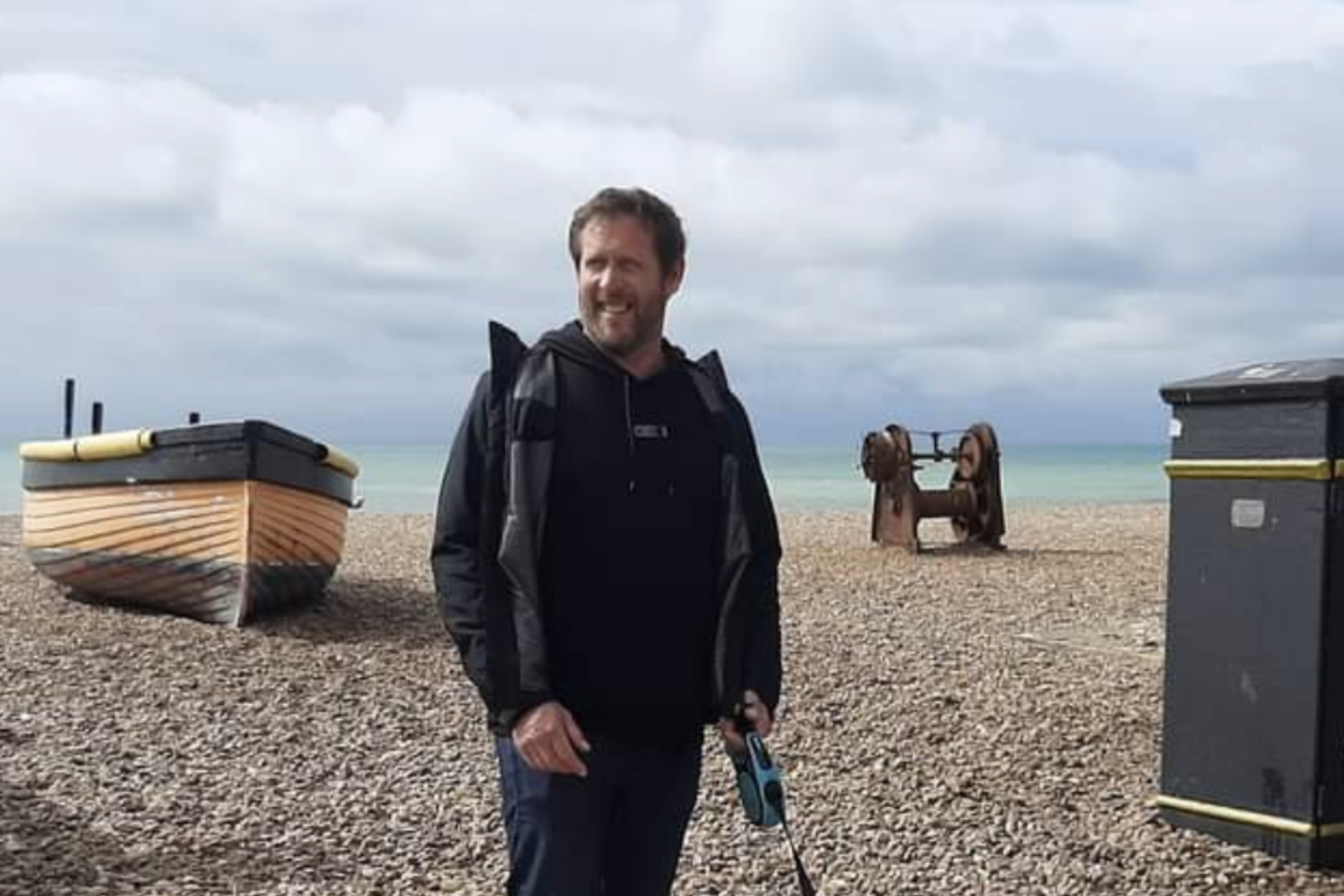Medics launch £1.8m trial to identify heart patients for lifesaving devices
Researchers believe that those who have scarring on the heart could potentially benefit the most from having tiny defibrillators.

Your support helps us to tell the story
From reproductive rights to climate change to Big Tech, The Independent is on the ground when the story is developing. Whether it's investigating the financials of Elon Musk's pro-Trump PAC or producing our latest documentary, 'The A Word', which shines a light on the American women fighting for reproductive rights, we know how important it is to parse out the facts from the messaging.
At such a critical moment in US history, we need reporters on the ground. Your donation allows us to keep sending journalists to speak to both sides of the story.
The Independent is trusted by Americans across the entire political spectrum. And unlike many other quality news outlets, we choose not to lock Americans out of our reporting and analysis with paywalls. We believe quality journalism should be available to everyone, paid for by those who can afford it.
Your support makes all the difference.A £1.8 million clinical trial has been launched with the aim of precisely targeting heart patients who need tiny defibrillators to be fitted under their skin with the aim of reducing deaths from sudden cardiac arrests.
Researchers believe that those who have scarring on the heart could be more at risk of abnormal heart rhythms and, therefore, of cardiac arrests and potential death from arrest, so could potentially benefit the most from having the defibrillators.
Now Phil O’Donoghue, from Chandler’s Ford, Hampshire, has been fitted with an implantable cardioverter defibrillator (ICD) as the first patient to take part in the British Heart Foundation-funded study run by the NIHR Southampton Clinical Trials Unit.
ICDs are small devices that are routinely fitted in the chests of patients with heart failure.
They can stop abnormal rhythms and treat cardiac arrest by delivering an electric shock to the heart but the trial researchers say that currently some people are being fitted with the devices unnecessarily.
Mr O’Donoghue, 53, who suffers from non-ischemic cardiomyopathy (NICM) was first diagnosed with heart failure after attending accident and emergency in May 2020.
He said: “I was rushed into hospital and tests showed my heart’s ejection rate was down to 24% which meant blood was not being pumped around my body properly. I was told there was a trial about to start and that I fitted what they were looking for.”
Dr Andrew Flett, chief investigator for the trial from University Hospital Southampton, said: “The current guidelines look at how well the heart is pumping to decide which patients should get a defibrillator.
“But for many patients who go through the procedure of having a defibrillator fitted, they will never actually see the device triggered and may not need it.
“We therefore want to find a better way to assess which patients will truly benefit from one of these devices.
“There is evidence that scar tissue in the heart muscle may be the cause of dangerous heart rhythms for patients with NICM. This will be the first ever trial to look at whether the presence of scar tissue can predict who should be fitted with an ICD.”
He said an MRI scan was used to detect the presence of scar tissue in the heart and those patients were invited into the trial.
Professor Sir Nilesh Samani, medical director of the British Heart Foundation, said: “ICDs are crucial devices to treat sudden cardiac arrest and save lives. But it is important that we continue to establish exactly which patients need them, so that people who are unlikely to benefit do not have to undergo invasive procedures unnecessarily.”
The trial, to involve 2,500 patients, is currently open to patients at five hospitals in Southampton, Portsmouth, Aberdeen, East Kent and Barts in London, with a further 30 sites to open in the coming months.